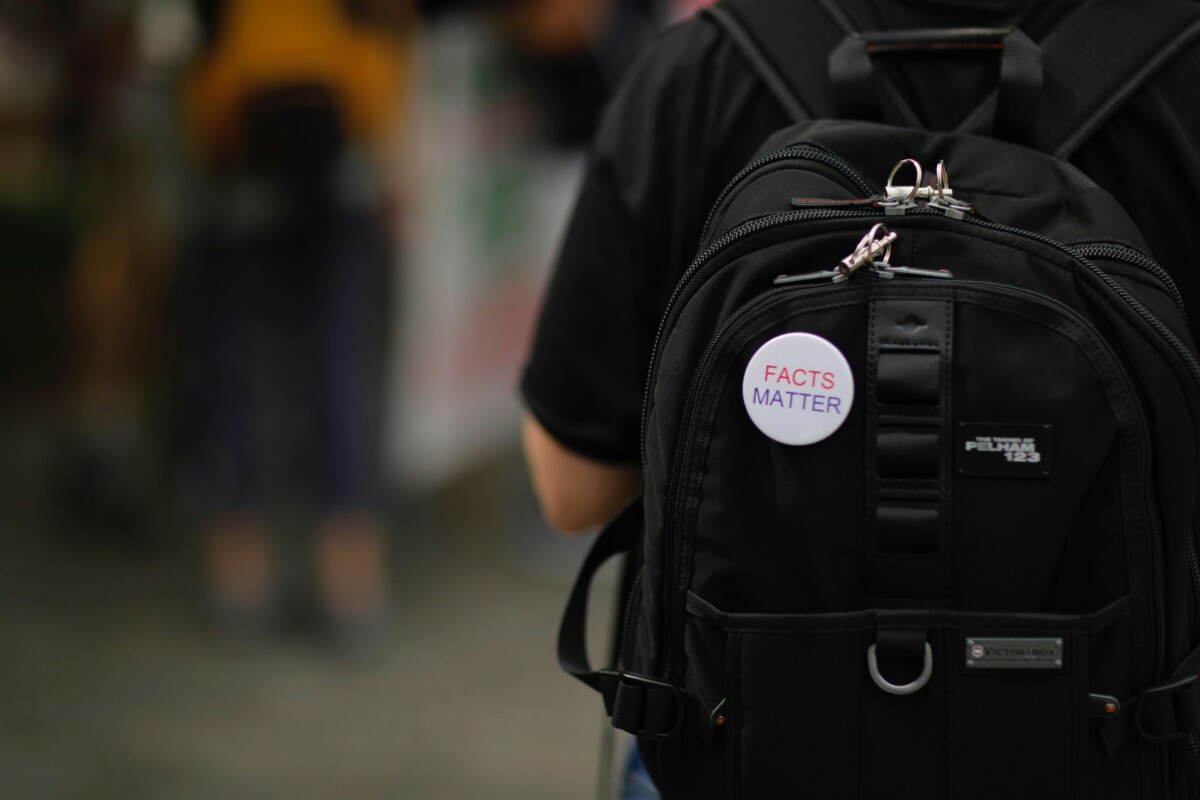Listen to the full podcast episode on YouTube, Spotify, and Apple Podcasts.
When Emma Scott joined Kent as Vice President of Sustainability, she walked into a century-old engineering company built on oil and gas. Her brief was simple on paper: make it sustainable. In reality, it meant rebuilding trust, inside and out, in an industry many no longer believe can change.
A Blank Page, Heavy with History
Emma’s role didn’t exist before she arrived. Kent’s leadership had decided the company needed a sustainability strategy, but not much else.
“There were good things happening,” Emma recalls, “but there was no strategy. Everything was in isolation.”
The CEO’s response was to give her complete freedom. “He said, ‘I trust you. Go and do what you need to do.’ It was empowering,” she says, “but also a little scary.”
That trust became both an opportunity and a burden. Building sustainability “from scratch” meant taking a hard look at an organisation still tied to fossil fuels, and at how much it would take to change that.
Finding the Facts Before the Promises
When Emma started, Kent didn’t even know its global emissions baseline. “We had no real insight into where the big impacts were,” she admits.
Her small team, just two people, spent months collecting data from projects across dozens of countries. What they found confirmed what many suspected: one large Middle East site accounted for most of the company’s emissions.
“It was sobering,” she says. “But at least we knew where to start.”
The project became their pilot for change, swapping diesel for solar, tracking every tonne of carbon, and sharing what worked and what didn’t. “We can’t boil the ocean,” she says. “So we picked the biggest beast first.”

Why She Stays Inside the System
Kent’s deep roots in oil and gas invite scepticism. How can a company built to serve fossil fuel clients claim to be part of the transition?
Emma doesn’t dodge the question. “I’d rather be inside, helping to make change, than outside throwing stones,” she says.
“The lights still need to stay on. The question is: how do we do it better?”
She knows that balance is fragile. Kent now invests heavily in renewables and low-carbon work, but it still depends on the old energy system to survive. “We choose both,” she says. “But we choose to do both more responsibly.”
The Myth of ‘Net Zero’
Emma’s thinking sharpened when she read Digging to Zero, a Reuters investigation into decarbonising mining. She quotes a line from Fortescue Metals’ CEO: “The word ‘net’ is killing us.”
“I completely agree,” she says. “We need real zero — cutting emissions, not offsetting them.”
Kent’s own progress mirrors that stance. Rather than buying offsets, it’s testing new solar systems for its high-emitting sites. “One of them’s basically a container full of panels and batteries,” she laughs. “You pull it out of the truck, and it replaces a diesel generator.”
It’s practical, small-scale work, but real. “It’s not perfect,” she says. “But it’s honest.”
The Price of Transparency
If there’s one principle Emma refuses to compromise, it’s honesty. “We don’t want to be accused of greenwashing,” she says.
“Everything we say has to be true and clear.”
That sounds simple, but she knows how uncomfortable truth can be when progress is slow. “We’ve had to publish data that isn’t flattering,” she admits. “But hiding it would be worse.”
She works closely with Kent’s communications team to keep sustainability updates factual. “There’s a lot of jargon in our field,” she says. “People confuse sustainability with ESG. I want to make it simple and real.”

From Awareness to Ownership
Emma wants sustainability to become everyone’s job, not a specialist’s. “Education is the biggest priority,” she says.
“People need to understand how it helps them do their work better.”
She’s also pushing inclusion and well-being as part of the same mission. “Belonging is sustainability too,” she says. “It’s about people as much as carbon.”
Her long-term goal is to make herself redundant. “When sustainability’s fully embedded, I’ll have worked myself out of a job,” she smiles. “That’s success.”
Let’s Get Real
If she could change one thing about business overnight, it would be forced honesty. “Give every corporation a dose of truth serum,” she says.
“Be honest about your impacts and what you’re doing to improve.”
She wants sustainability reports to stop pretending. “They should show the good and the bad,” she says. “If they were truly honest, the world would look very different.”
For Emma, responsibility starts with reality. Her journey isn’t about perfection, it’s about staying in the uncomfortable middle, where progress depends on truth more than image.
Sponsored by...
truMRK: Communications You Can Trust
👉 Learn how truMRK helps organisations strengthen the credibility of their communications.
Want to be a guest on our show?
Contact Us.
The Responsible Edge Podcast
Queensgate House
48 Queen Street
Exeter
Devon
EX4 3SR
Recognition.
Join 2,500+ professionals.
Exploring how to build trust, lead responsibly, and grow with integrity. Get the latest episodes and exclusive insights direct to your inbox.
© 2026. The Responsible Edge Podcast. All rights reserved.
The Responsible Edge Podcast® is a registered trademark.
Sponsored by truMRK
© 2026. The Responsible Edge Podcast

